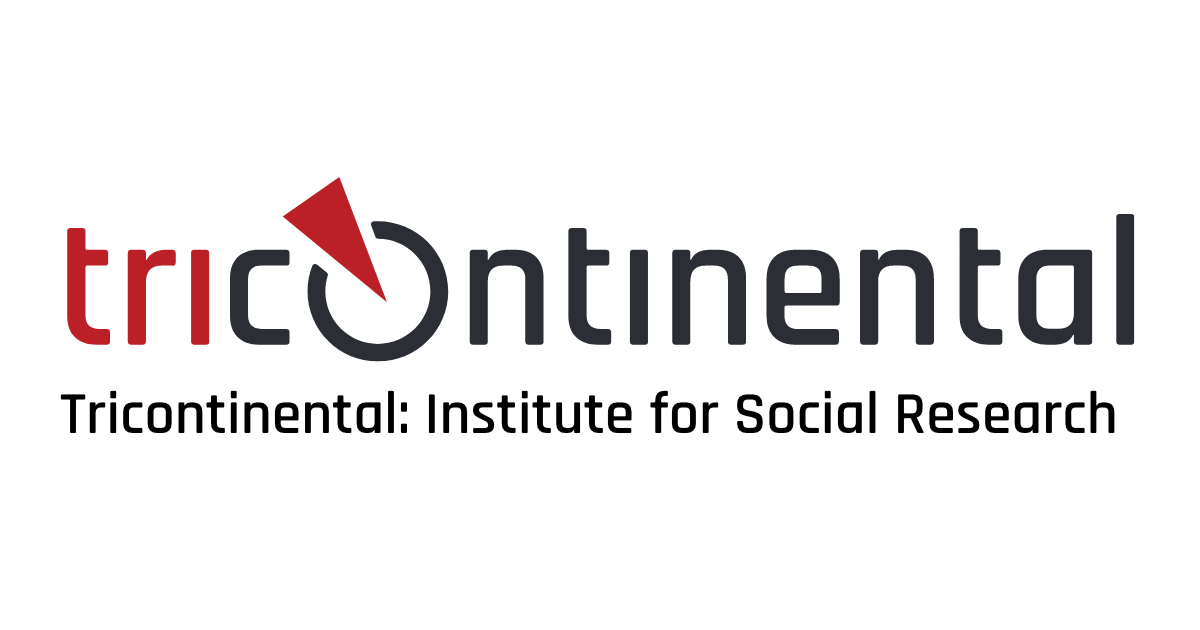More languages
More actions
This article is about the research institute. For the 1966 conference, see Tricontinental Conference.

Tricontinental: Institute for Social Research is an international, movement-driven institution focused on stimulating intellectual debate that serves people’s aspirations.[1]
History[edit | edit source]
In January 1966, the Cuban people hosted the Tricontinental, a conference of revolutionary movements from Africa, Asia and Latin America (Primera Conferencia de Solidaridad de Los Pueblos de Africa, Asia, America Latina). This conference emerged from two dynamics.
- States that emerged out of the anti-colonial movement had, by 1961, created the Non-Aligned Movement (NAM), which included not only radical regimes but also those with a more conciliatory attitude towards imperialism.
- Outside NAM existed movements with unfinished anti-colonial wars of national liberation which had a more radical edge to them and which had been gathered together in 1957 in the Afro-Asian People’s Solidarity Organisation (AAPSO).
The NAM and AAPSO platforms often collaborated together. They provided the cultural space from which the Tricontinental would emerge.
At the Tricontinental, AAPSO was expanded into the Organization of Solidarity with the Peoples of Asia, Africa and Latin America (OSPAAAL), whose secretariat continues to function in Havana, Cuba. The Tricontinental put down a marker: peace and socialism were the goals, and whatever means would lead to this goal had to be utilized. From Havana, OSPAAAL provided the infrastructure for mutual understanding amongst the movements in the three continents. It continues to produce the fabulous magazine Tricontinental, which became famous as the purveyor of emblematic posters that carried forward the message of anti-colonial socialism.
From these histories – of both the NAM and OSPAAAL – came a series of important initiatives, many rooted in the United Nations. Some of these are inter-governmental organisations (such as The South Centre, based in Geneva), while others have little governmental support. What unites these initiatives is a commitment to the global south – namely to the countries that continue to struggle against the histories and structures of imperialism – but also to humanity in general. A genuinely South-based social and political philosophy must expand out from the South and embrace the world and its possibilities.
Tricontinental, https://www.thetricontinental.org/about/
